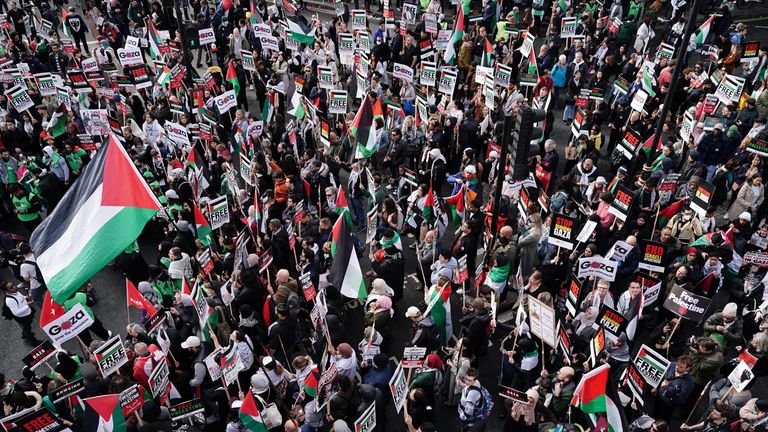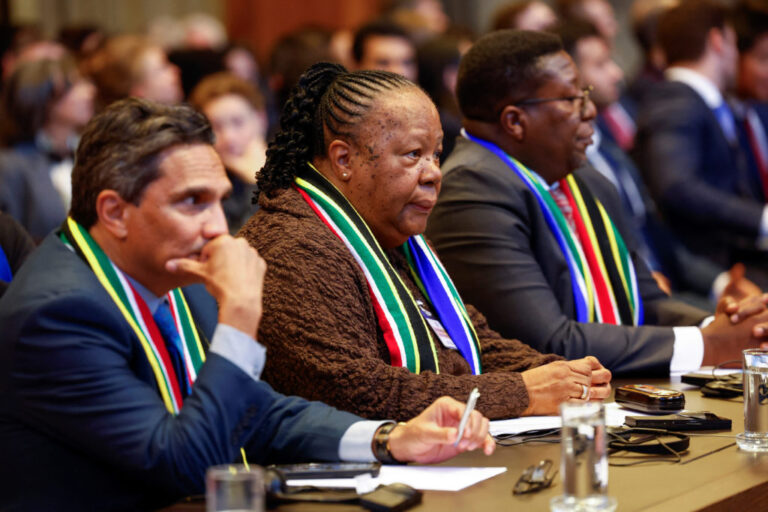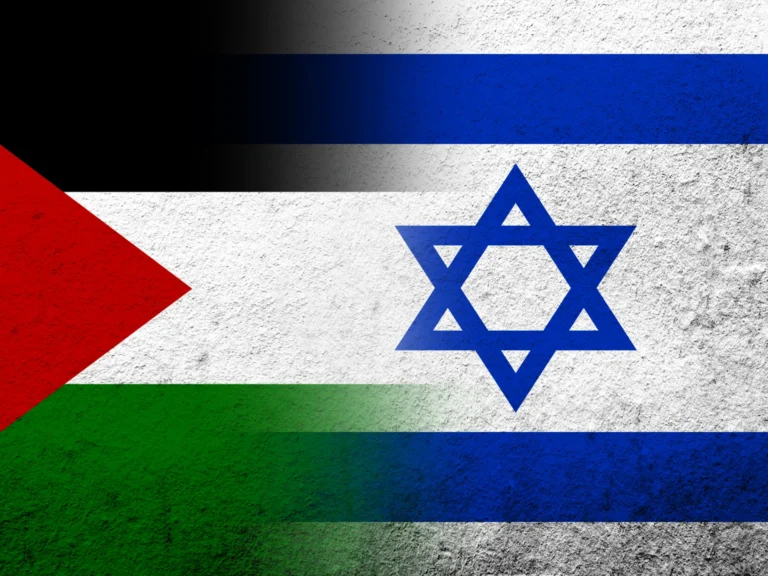
The commonly accepted narrative of an ancient Arab Palestinian nation with deep roots in the land now known as Israel is a modern construct rather than an unbroken historical reality. The name “Palestine” itself was imposed by the Roman Emperor Hadrian in the 2nd century CE as a punitive measure following the Bar Kokhba revolt, an uprising by the Jewish population against Roman rule. Hadrian’s intention was to erase Jewish national identity and sever Jewish ties to their ancestral homeland. Despite this attempt, Jewish presence and nationalism endured, laying the foundation for the modern State of Israel.
Contrary to popular belief, Arab Palestinian nationalism only developed in the 20th century, particularly after 1948, when the newly established State of Israel formally adopted its name and dropped the use of “Palestine.” Prior to this, the land was part of the Ottoman Empire and later the British Mandate, with no distinct national identity labeled as Palestinian in the Arab population. The rise of Palestinian nationalism was largely a political response to the displacement and conflict triggered by the creation of Israel, rather than a continuation of an ancient Arab nation.
Today, this historical context is frequently overlooked or obscured in international debates. The political use of “Palestine” often serves to challenge Israel’s legitimacy and history, while ignoring the complex realities on the ground, including the role of groups like Hamas, which controls Gaza and is backed by Iran. Recognizing the constructed nature of Arab Palestinian nationalism does not dismiss the real struggles of people living in the region but calls for a more nuanced understanding of history and politics.
Understanding these facts is essential to moving beyond simplistic narratives and addressing the conflict with honesty. Acknowledging the origins of Palestinian nationalism and the historical erasure imposed by Roman imperialism challenges prevailing myths, paving the way for dialogue grounded in historical truth rather than political fiction.





